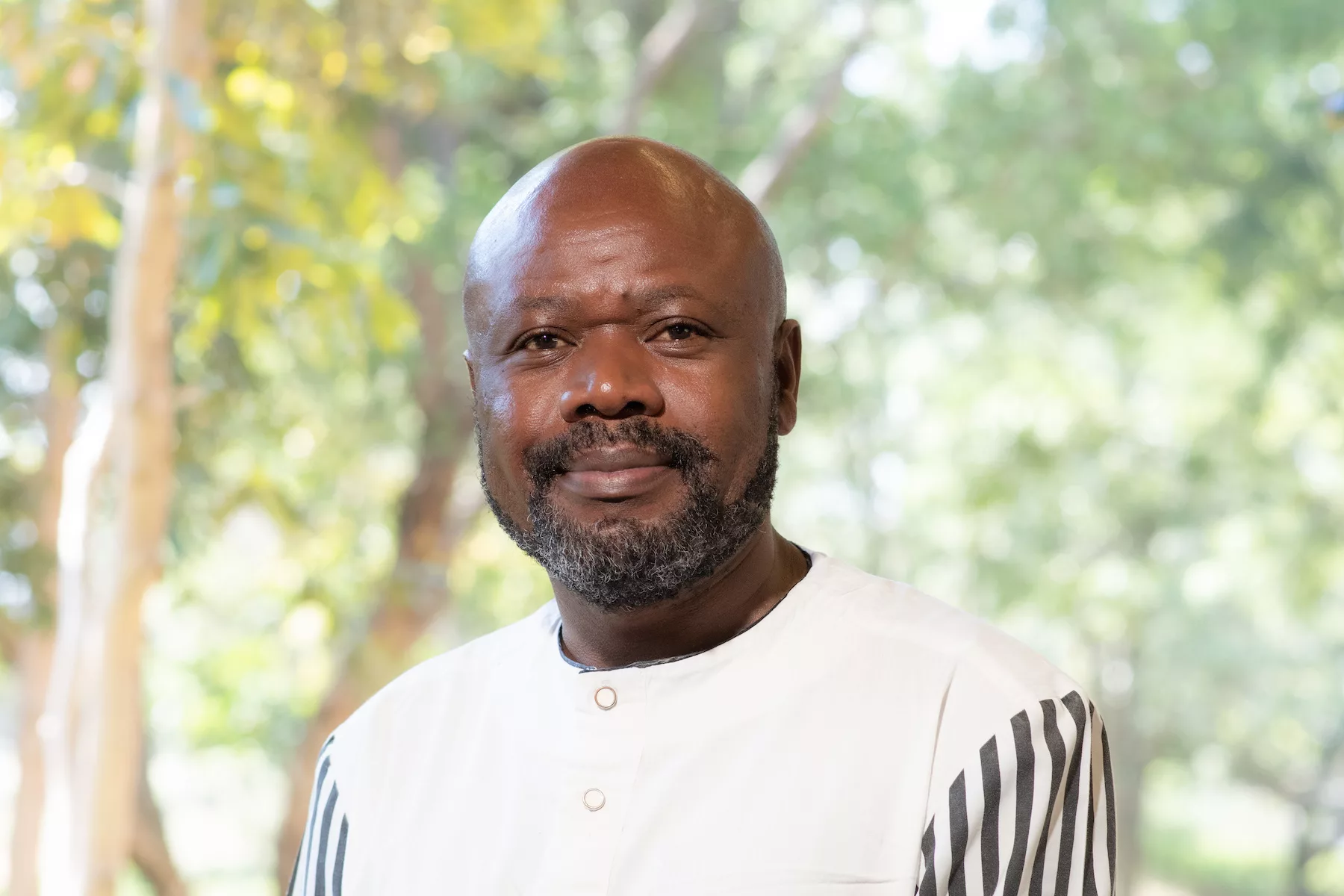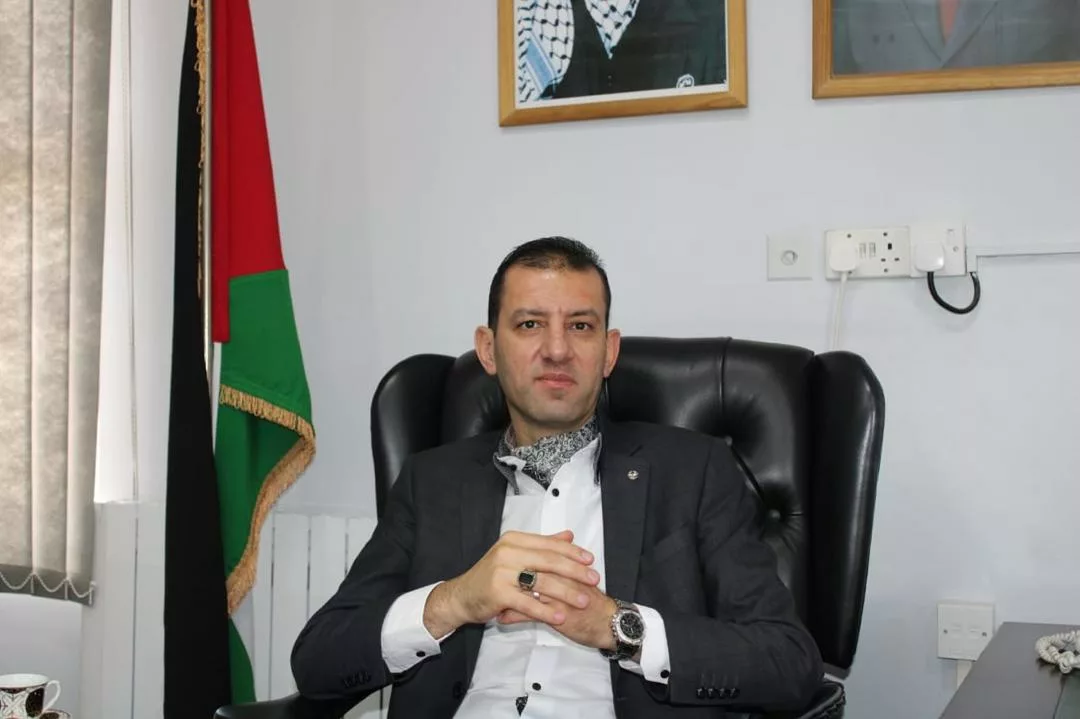|
Getting your Trinity Audio player ready...
|
KAMPALA, UGANDA – Stakeholders have been urged to embrace policy and institutional support measures to ensure the successful implementation of the post-Malabo agenda for a sustainable, inclusive, and resilient agrifood system.
These were the sentiments of Dr. Tshilidzi Madzivhandila, the Chief Executive Officer of the Food, Agriculture and Natural Resources Policy Analysis Network (FANRPAN) on 10 January 2025 in Kampala, Uganda during a side event at the African Union Extraordinary Summit on the Comprehensive Africa Agriculture Development Programme (CAADP) at Speke Munyonyo Resort that was running under the theme “Catalysing Action Through Policy Dialogue: Advancing the CAADP 2026-2035 Vision for Resilient Agrifood System.”
“I believe that we have learned from both 2003 Maputo and 2014 Malabo Declarations. We are here in Kampala now, what is evident is that there is a need to refine the implementation of the post-Malabo agenda for the transformation of African agri-food systems,” Dr. Madzivhandila said.
To support the implementation of the post-Malabo agenda for a sustainable, inclusive, and resilient agrifood system, he proposes the following:
Accompanying Budgetary Frameworks
Post-Malabo planning and implementation should have a dedicated budget. As a best practice, “a plan should have adequate resources”. This should apply to the AUC, RECS, and member states.
Ownership by the Member States
A regional framework is not an end in itself – We need harmonization and domestication.
First, governments should be deliberate about (i) co-creating practical programmes with stakeholders; (ii) financing these progragmmes through their own fiscus, and ensure deliberate resource mobilization which aligns with national priorities (i.e., based on National Development Plans).
Second, ownership should be cascaded to sub-national levels; we need.
- Localization: contextualization to a particular geographic place.
- Mainstreaming: for acceptance as a normal way of doing business.
Third ingredient for ownership is Capacity Strengthening – for both individuals and Institutions. Mostly we focus on individuals; however, we also need capable states and institutions.
Awareness and Policy Advocacy
Citizens should be aware of the commitments governments are making. Progressive nations are composed of active citizens who hold the government accountable. Therefore, grassroots policy advocacy platforms should be supported.
Partnerships and Collaboration
- I encourage a close collaboration between the state and non-state actors – Co-creation.
- The Siloed Approach is a problem. There is a need for a transdisciplinary approach when generating research-based evidence and multisectoral approaches during implementation.
Inclusivity
The concept of “leave no one behind”
- Value chains exclude others: Within the CAADP agenda, what is the role of Farmers, SMEs, Private Sector, Consumers, etc.?
- 80% of food is produced by women. Supporting women participation in agriculture is key – here I also underscore the element of entrepreneurship.
- 60% of the entire continent is aged below 25.
- Job creation for youth should leverage technology advancement.
- New cadre of youth leadership is long overdue.
Mutual Accountability:
Monitoring, Evaluation, and Learning through the mechanism of a joint sector review. We should not forget to celebrate successes. Successful interventions should be brought to SCALE.
In Conclusion, we more or less agree on the WHAT – based on the complex challenges we are dealing with; therefore, the RECs and member states should focus more on refining the HOW. Remember “Action happens at the national level”






